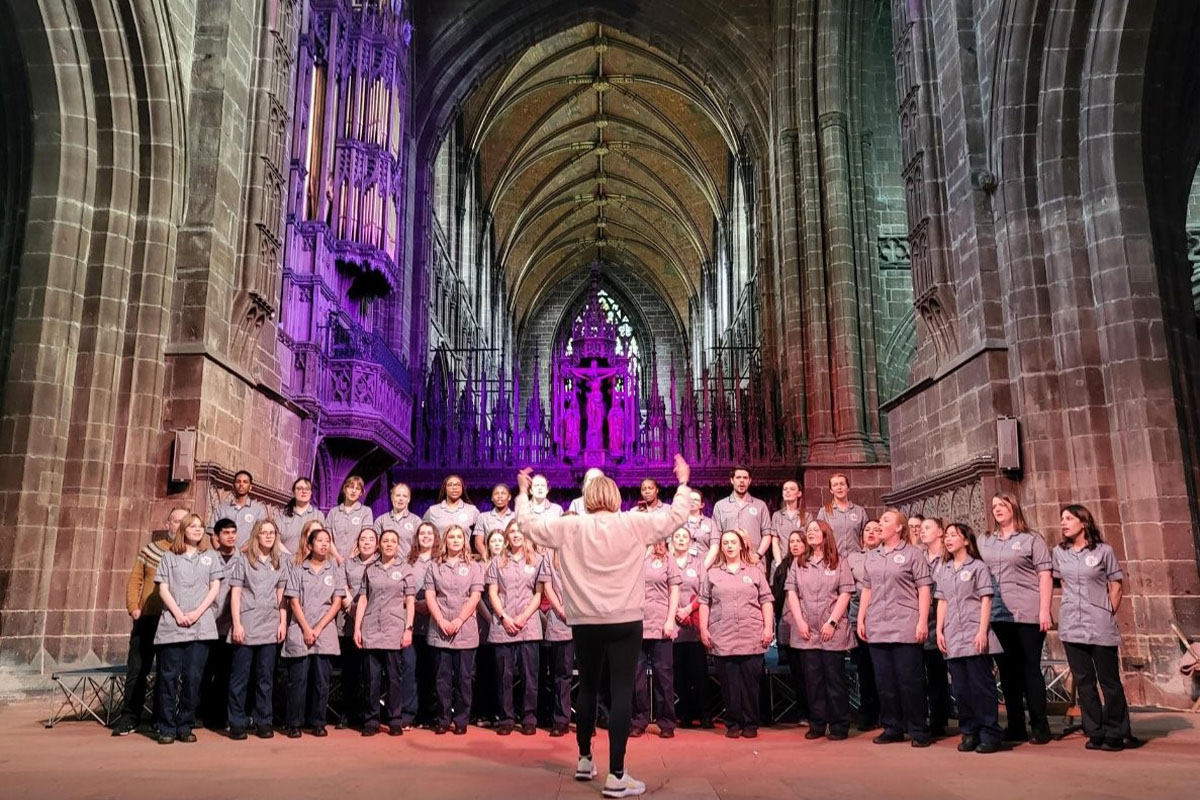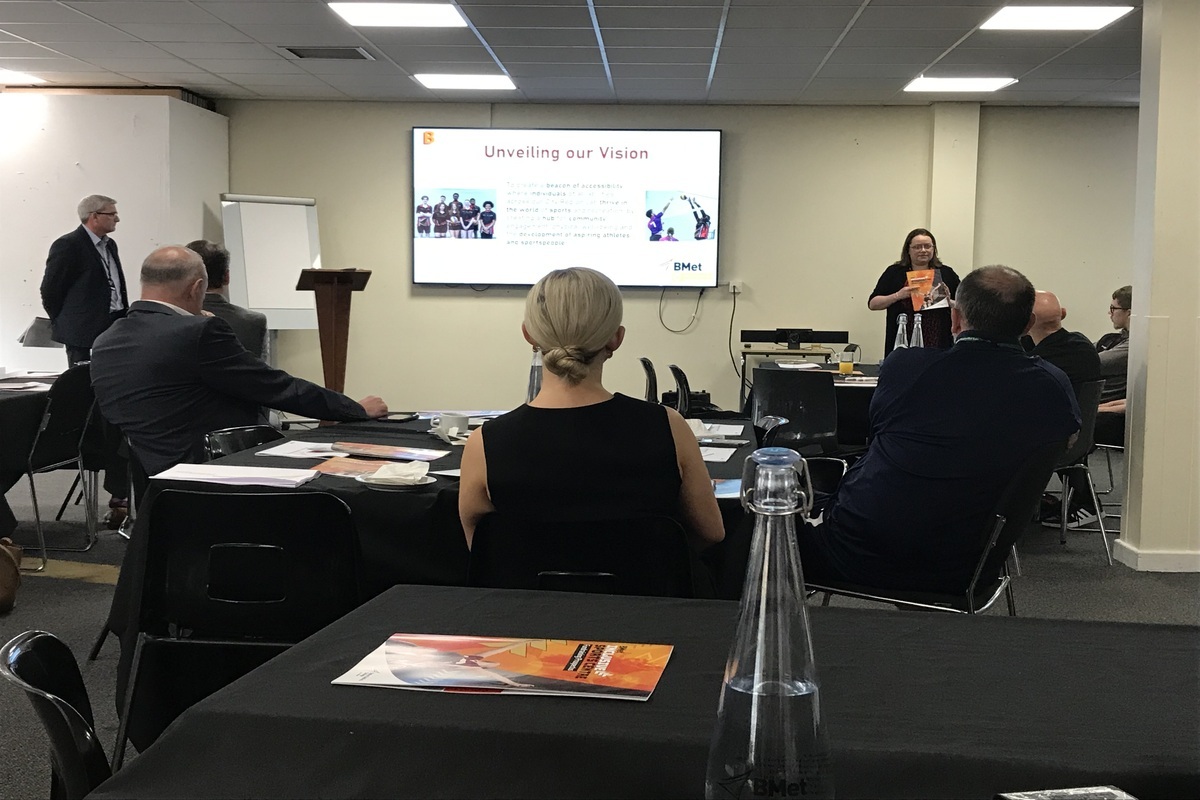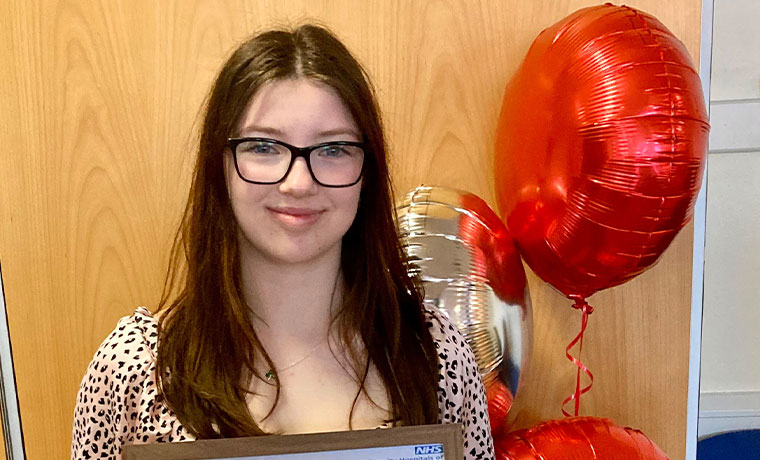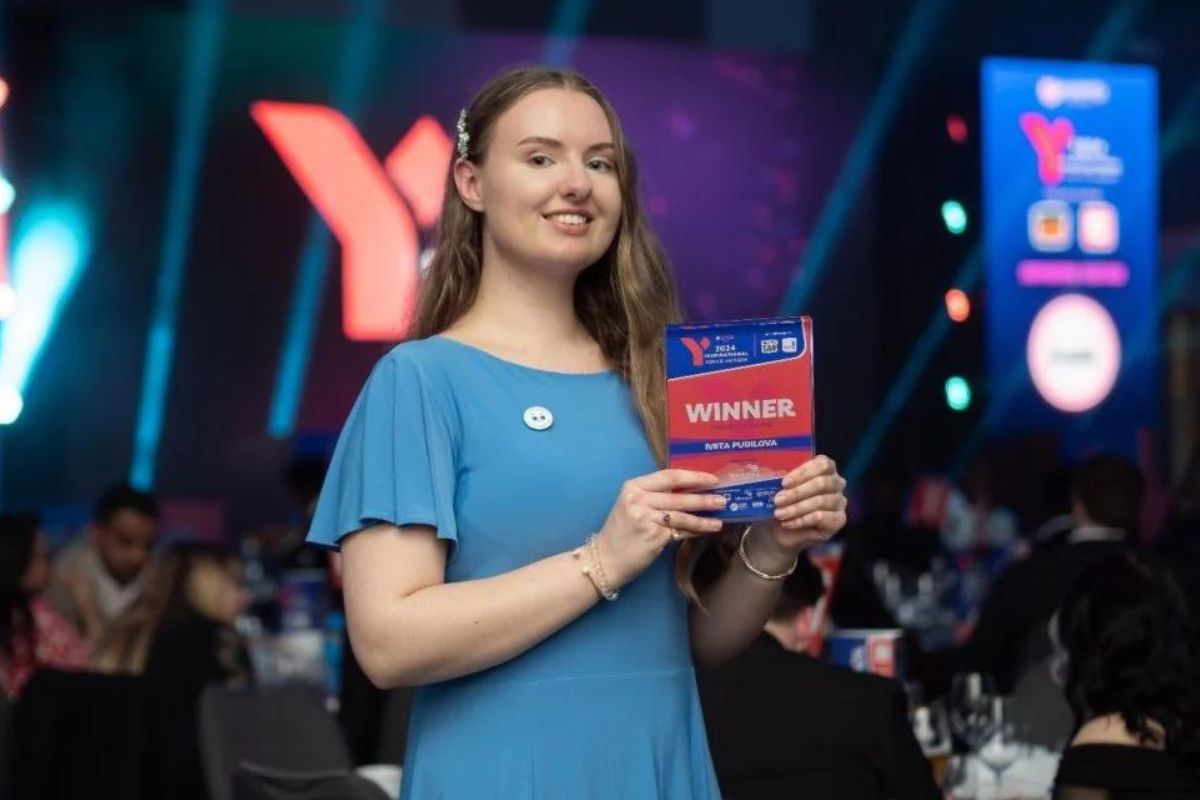Great Minds Together discuss the challenges for a SENCO teacher in the current education system

‘’We know a therapeutic approach to education can make a difference to all students so why are we still using this old-school- disciplinarian approach of sit down and be quiet?”
Emma Mander, Great Minds Together.
The current education system and its lack of understanding and change for young people with special educational needs and disabilities (SEND) has been a topic Emma Mander has been discussing for some time via the GMT podcast.
In the fourth episode of the Behaviour Awareness series, Emma welcomes Stacey McDermott to discuss her experience in her role of a SENCO teacher in a secondary school. They discuss the range of difficulties and barriers to delivering quality education and the need of fostering an inclusive learning environment for students to thrive.
Stacey, SENCO and designated teacher for children looked after at E-ACT Royton and Crompton, based in Oldham shares her story:
‘’I went into education straight from university, working for a flagship school for inclusion in Manchester as a Teaching Assistant and I found my passion for supporting children with additional needs and physical disabilities. It was a fantastic school and I was thrown in at the deep end working with such complex children. I then went on to do my PGCE and went into mainstream teaching for 12 months. Then I progressed to a special school and fell in love with the rewards of working in these environments. But after 18 months, I became very frustrated that young people in mainstream schools did not receive the same privileges as those in special schools.’’
‘’I made a promise to myself that I would make a change in education and applied for a Special Educational Needs Coordinator role in a SENCO department at a mainstream school. My role is to be the children’s voice and ensure they have an equal opportunity and the right education.’’
Budget constraints and limited resources has created many challenges in the current education system, making it harder for schools to cater for the diverse needs of their students. Stacey shares her views on why SENCO departments are struggling and as a result, and young people are not receiving the vital help and support that is needed.
‘’There is a very apparent lack of training, funds and resource in the sector. Every teacher needs to be an expert in SEND, they need to be able to provide an education for every student in that room and be able to plan and prepare. Teachers are at a disadvantage because they start on the back foot. Sometimes they are provided with mixed-ability and mix needs students and they do not have the resources or knowledge to be able to support them. It’s disheartening and creates so much self-doubt and I think this contributes to why teachers do not last in a teaching career.’’
Emma continues:
‘’You’re right and it becomes a behaviour management issue, not a meet the need issue. Behaviour starts to present as an unmet need, as a result of a lack of knowledge from teachers. The behaviour policies in school are not fit for purpose – sanctioning the behaviour is just sticking a plaster on the situation and not getting to the cause, so the wound will just keep on appearing.’’
Both Emma and Stacey agree that introducing a therapeutic approach to all students in schools is the way forward, and a flexible approach to education is needed to help young people with special educational needs and disabilities (SEND) flourish.
Stacey comments:
‘’National statistics show that each year SEN numbers are rising, and there is so much unmet need. There is a lot of pressure of sticking to a certain route, doing your GCES for example, but for some students, it is just not possible. Having that flexibility of changing the curriculum will enable students with SEND to flourish in what their strengths are. It would change the way on their look and perception of education because they will be able to learn about what they love and thrive in what they can do.’’
Emma adds:
‘’…what we do know is that a therapeutic approach and how the specialist provisions are delivered will benefit every child. We have an approach here that can make a difference so why are we still using this old-school- disciplinarian approach of sit down, be quiet, no you can’t have a drink and yes you have to wear that uncomfortable uniform?”
Despite the current challenges, Stacey expresses her passion and love for the role of a SENCO teacher and shares her advice for others wanting to enter the world of teaching.
Stacey comments:
‘’If you want to become a teacher, be passionate about your subject but be even more passionate about young people and doing the right thing for them because you will come across so many complex students and if you aren’t prepared for the rough and the smooth it will be tough. But, the rewards that come out of teaching in SEND are immense. I learn something new every day and I would encourage anyone thinking about going into teaching to work within a SENCO department. We need change to make our jobs more enjoyable because if we enjoy our job – students will enjoy learning!’’
Great Minds Together (GMT) is a not-for-profit organisation that supports children and young people with special educational needs and social, emotional, and mental health needs as well as their families and the professional networks around them.
On Monday 25th September 2023, GMT is launching its first GMT National Behaviour Awareness Week to raise awareness around behaviour and the unmet needs behind it.
You can listen to the fourth podcast episode on an experience of a SENCO teacher here











Responses